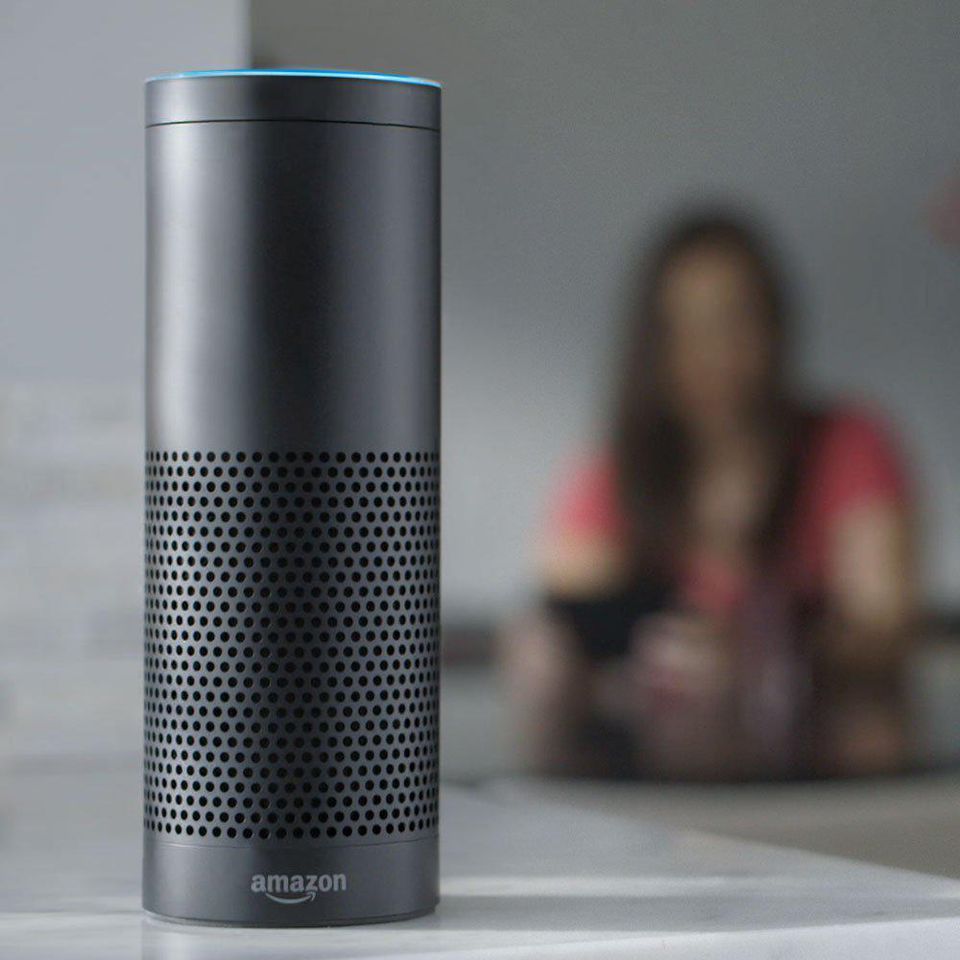By Danny Weissberg
The landmark Americans with Disability Act (ADA) requires restaurants to ensure that their premises are accessible for people with disabilities. While the law marks one of the most important victories for the rights of those with disabilities, much more can be done to accommodate this community with its ever-evolving needs, including utilizing advanced technology.
Technological advances are helping pave a path towards a more widely accessible food service landscape – both in-person and online. Now, it is up to restaurants to embrace this technology and help build a more inclusive future.
Embracing Innovation
The good news is that many of the technological developments needed to promote accessibility have already been implemented across the industry to improve other aspects of the business, such as boosting sales and complying with new contactless methods of service. One such technology is Artificial Intelligence (AI), which is already being used in the restaurant business to great effect. In fact, use of AI in the food and beverage market reached $3 billion in 2020 and is on pace to reach nearly $30 billion by 2026, according to Mordor Intelligence.
AI is being used by restaurants to cut costs, improve guest experience and user interfaces, and increase overall efficiency. For example, following in the footsteps of Dunkin Donuts and Chipotle, which in 2018 and 2019 respectively announced integration with Amazon Alexa and other AI voice assistants to allow customers to pre-order with Alexa-enabled devices, McDonald’s recently began the rollout of its own voice-activated AI-powered drive-thru service.
And demand for such technologies is only growing: According to a new survey from the MDR Group and Progressive Business Insights, there has been interest from many consumers—more than two-thirds of adults—for restaurants to implement voice-assisted ordering both in person and remotely.
How Artificial Intelligence Can Advance Inclusivity
The fact that the restaurant industry is already embracing AI leaves it well-positioned to adopt changes that highlight accessibility as well. For example, voice-activated AI makes ordering food as simple as having a conversation, and can allow physically disabled patrons to do so with greater ease. Legal accessibility guidelines for AI or voice technology have yet to be officially established, but voice-compliant AI can be turned from a mere convenience into an opportunity to give voice and independence to those who need it most—namely, the 7.5 million Americans who live with speech impediments and cannot take full advantage of the voice tech revolution that is now hitting the restaurant industry.

Startups like Evinced and Wayfindrare are at the forefront of such an AI-accessibility revolution, helping companies across various sectors make their websites and software compatible with the needs of the disabled population. Ava is tapping into the power of AI to convert speech to text for the hearing impaired. The vision at our company is to harness speech recognition technologies to help people with non-standard speech communicate and be understood using their own voice, giving voice to everyone –including those who want to order food via voice recognition technologies but were previously unable. As issues of accessibility and inclusion move to the forefront of the public conversation, such burgeoning technologies are giving real hope that innovation can help break down barriers and expand access to goods and services for all.
According to a recent report published by the Word Intellectual Property Organization, disability assistive technologies are seeing massive growth in the world market—so much so that the assistive tech market is expected to reach $31.6 billion in 2027. For far too long, accessibility has had to catch up with innovation. This projected growth in inclusivity innovation points to a future where that need not remain the case.
The hospitality industry is making great strides when it comes to making services accessible to all—a phenomenon which has only accelerated with the advent of extraordinary technologies inspiring change and enabling all restaurants to design and innovate with accessibility in mind.
In our current cultural climate, being inclusive not only expands business reach to a wider market, it also adds brand value, shows that a company cares about each and every one of its customers, and ultimately puts that brand on the right side of history as we make strides towards a better, more inclusive future for us all.
About the guest author: Danny Weissberg is an engineer turned serial entrepreneur with experience leading and managing teams in Israel’s hi-tech scene for over fifteen years. After his grandmother suffered a stroke, which left her with unintelligible speech, Weissberg was inspired to create Voiceitt, a voice recognition technology that allows people with speech impairments to communicate with anyone, anywhere. As CEO & Co-Founder, he leads a team of skilled technologists, business professionals, and speech and occupational therapists at headquarters on two continents.
This article was originally published by Modern Restaurant Management; reprinted with permission.






